India to roll out 6G by end of decade
Prime minister Modi added that 5G is set to contribute $450 billion to India’s economy
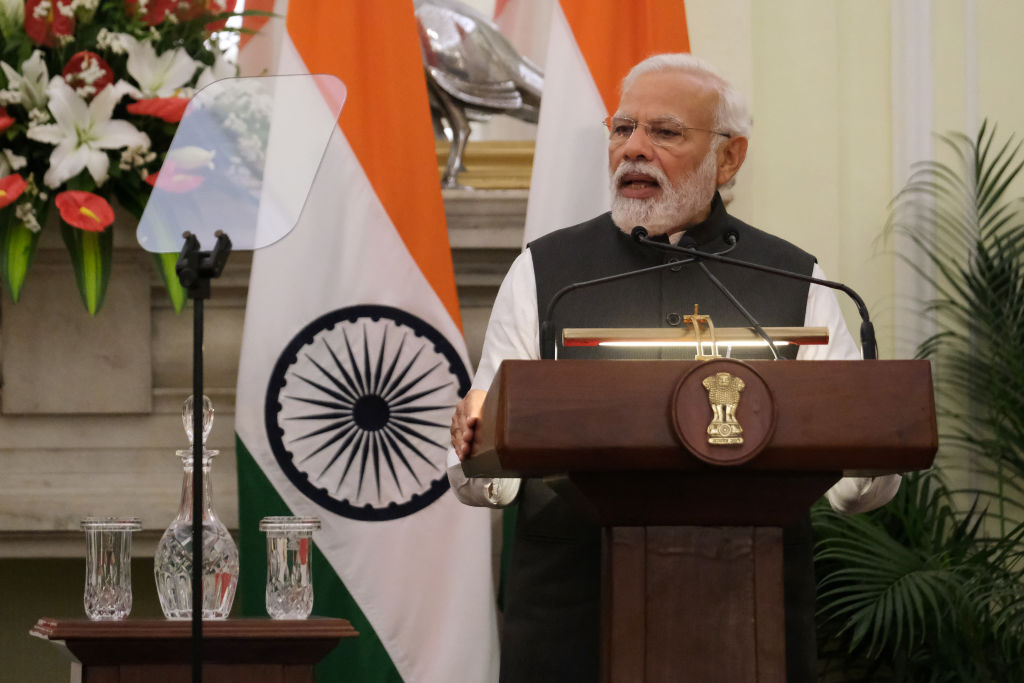

India is aiming to roll out 6G technology by the end of the decade, as the country looks to roll out 5G in the next few months.
The government has launched a task force dedicated to the 6G launch, prime minister Narendra Modi revealed at an event yesterday where he inaugurated the country’s first 5G testbed. However, Modi didn’t specify what 6G technology would be used for or elaborate on what 6G will do for the country.
The prime minister added that 5G will contribute $450 billion to India’s economy. He said that 5G will bring positive changes in the governance of the country, ease of living, and ease of doing business. He expects this to boost growth in every sector, including agriculture, health, education, and infrastructure.
As he expects 5G to not only increase the speed of the Internet but also the speed of progress and employment, he underlined there’s a need for collective efforts from both the government and industry to roll it out rapidly.
Referring to the previous government, Modi pointed out how the 2G era symbolised policy paralysis and corruption. He emphasised this era has been left behind, and the country has moved rapidly from 3G to 4G, and now 5G and 6G.
“This transition is happening very smoothly, with a lot of transparency,” said Modi.
The Indian prime minister also highlighted that there has been an emphasis on mobile manufacturing in the country to make mobiles accessible to poor families. He underlined that mobile manufacturing units increased from two to over 200 and the country is the world’s largest mobile phone manufacturing hub.
Get the ITPro daily newsletter
Sign up today and you will receive a free copy of our Future Focus 2025 report - the leading guidance on AI, cybersecurity and other IT challenges as per 700+ senior executives
“Where we used to import phones for our needs, today we are setting new records for mobile phone exports,” said Modi.
Despite the country looking to establish 6G in 2030, it has received criticism for its 5G deployment. In February 2021, a parliamentary committee found that India wasn’t prepared to roll out 5G due to multiple issues, as reported by Forbes India.
It stated that 5G will be rolled out for specific use cases by the end of 2021 or early 2022, but 4G should continue in the country for at least another five to six years. There were worries that India would miss the benefits of 5G due to a lack of preparedness, spectrum issues, inadequate use-case development, and uncertainty around the sale of radio waves for 5G.
What is 6G?
RELATED RESOURCE

Four strategies for building a hybrid workplace that works
All indications are that the future of work is hybrid, if it's not here already
As you might have guessed, 6G is the sixth generation of wireless mobile technology. This is a step up from the latest available generation, 5G, which is still being rolled out all over the world.
6G is expected to improve on the capabilities of its predecessors, offering faster and more advanced mobile broadband for users. Despite this, we don’t know exactly what form it will take.
One main feature of 6G is that it will be fast. It could offer peak data rates 50 times faster than 5G, at 1,000 Gbits/sec, according to Samsung. Others have described it as delivering information instantly, or at the speed of human thought.
Zach Marzouk is a former ITPro, CloudPro, and ChannelPro staff writer, covering topics like security, privacy, worker rights, and startups, primarily in the Asia Pacific and the US regions. Zach joined ITPro in 2017 where he was introduced to the world of B2B technology as a junior staff writer, before he returned to Argentina in 2018, working in communications and as a copywriter. In 2021, he made his way back to ITPro as a staff writer during the pandemic, before joining the world of freelance in 2022.
-
 Third time lucky? Microsoft finally begins roll-out of controversial Recall feature
Third time lucky? Microsoft finally begins roll-out of controversial Recall featureNews The Windows Recall feature has been plagued by setbacks and backlash from security professionals
By Emma Woollacott Published
-
 The UK government wants quantum technology out of the lab and in the hands of enterprises
The UK government wants quantum technology out of the lab and in the hands of enterprisesNews The UK government has unveiled plans to invest £121 million in quantum computing projects in an effort to drive real-world applications and adoption rates.
By Emma Woollacott Published
-
 Boomi snaps up former MuleSoft executive as APJ channel lead
Boomi snaps up former MuleSoft executive as APJ channel leadNews Global software veteran Jim Fisher will work to expand the company’s channel operations across the region
By Daniel Todd Published
-
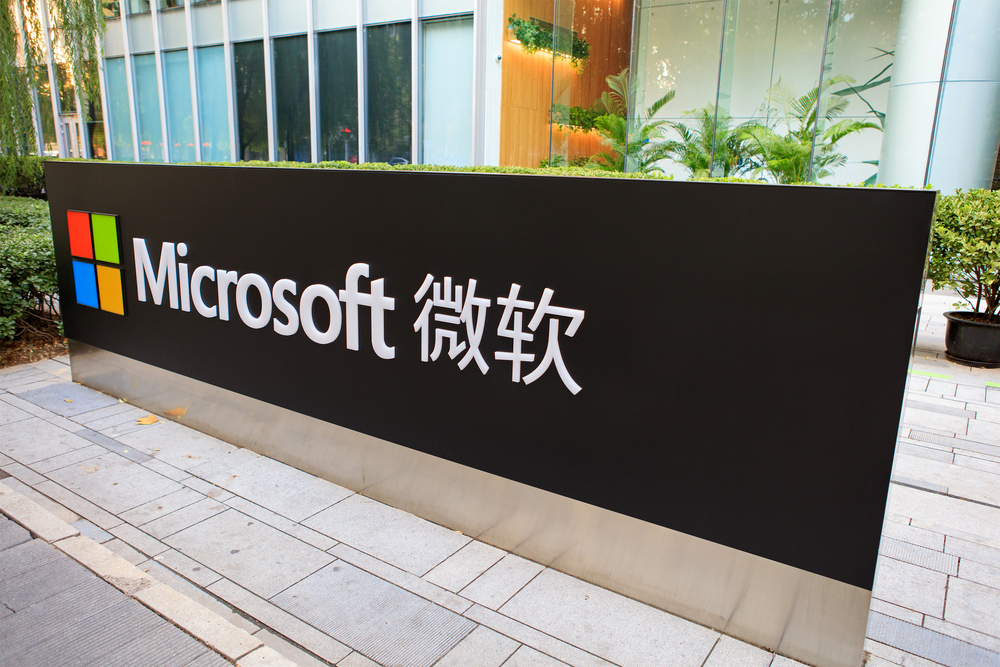 Why Microsoft Teams has only just launched in China
Why Microsoft Teams has only just launched in ChinaNews The tech giant has officially launched Teams via its local partner in China, after it was launched globally in 2017
By Zach Marzouk Published
-
 UK startup's Equinix deal marks step towards broad quantum computing access
UK startup's Equinix deal marks step towards broad quantum computing accessNews Businesses around the world will be able to use its quantum computing as a service platform through Equinix
By Zach Marzouk Published
-
 MI5 to establish new security agency to counter Chinese hacking, espionage
MI5 to establish new security agency to counter Chinese hacking, espionageNews The new organisation has been compared to GCHQ’s NCSC, and will provide companies advice on how to deal with Chinese companies or carry out business in China
By Zach Marzouk Published
-
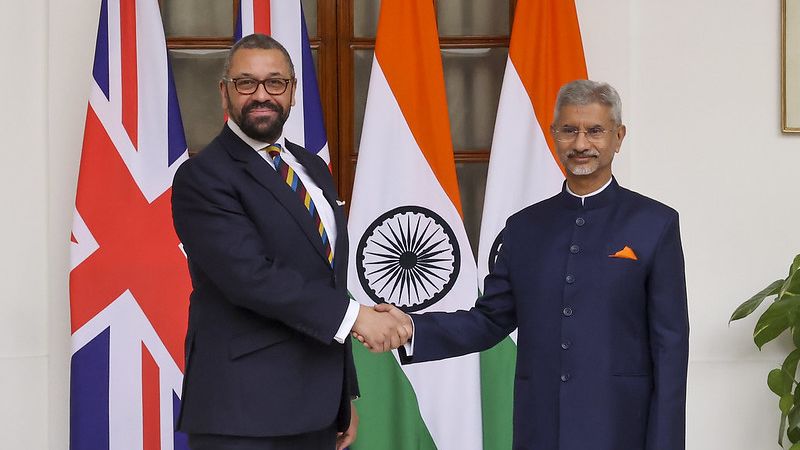 UK set to appoint second-ever tech envoy to Indo-Pacific region
UK set to appoint second-ever tech envoy to Indo-Pacific regionNews The role will focus on India after Joe White was made the first technology envoy, a role focused on the US, in 2020
By Zach Marzouk Published
-
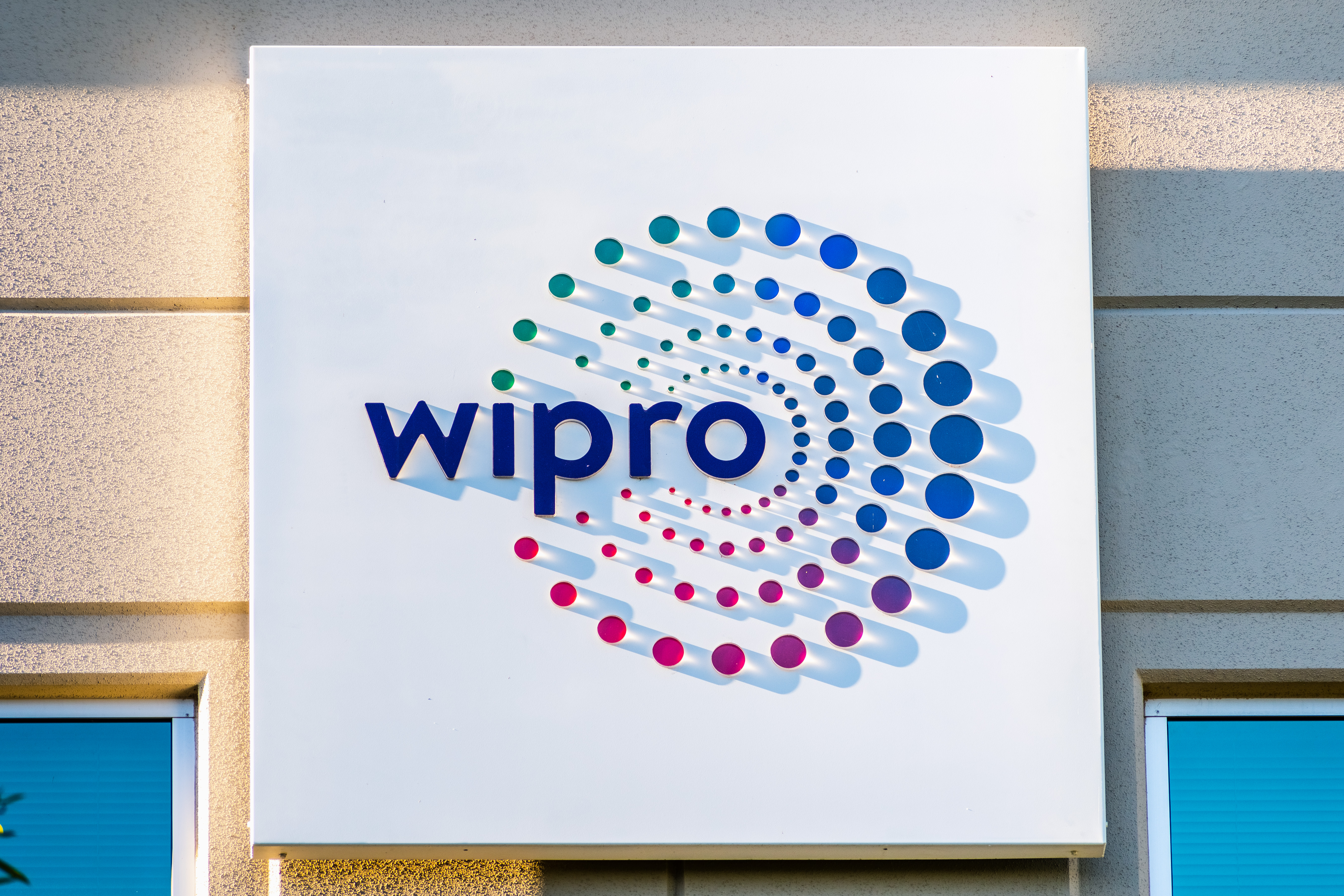 Wipro faces criticism after cutting graduate salaries by nearly 50%
Wipro faces criticism after cutting graduate salaries by nearly 50%News Graduates were given days to decide whether they would accept greatly reduced pay offers, prompting union action
By Rory Bathgate Published
-
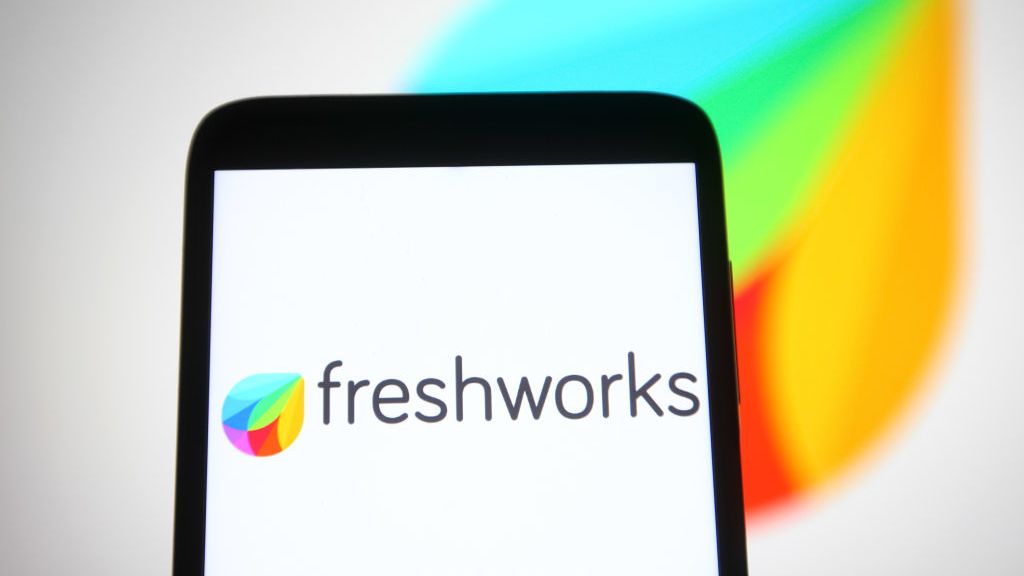 Freshworks appoints Sandie Overtveld as new SVP of APJ and MEA
Freshworks appoints Sandie Overtveld as new SVP of APJ and MEANews The digital transformation veteran brings years of regional expertise to lead Freshworks’ growth strategy
By Daniel Todd Published
-
 Suncorp signs three-year Azure deal to complete multi-cloud migration by 2024
Suncorp signs three-year Azure deal to complete multi-cloud migration by 2024News The financial services firm seeks to wind down its on-prem data centres and wants 90% of its workloads in the cloud by the end of the year
By Zach Marzouk Published